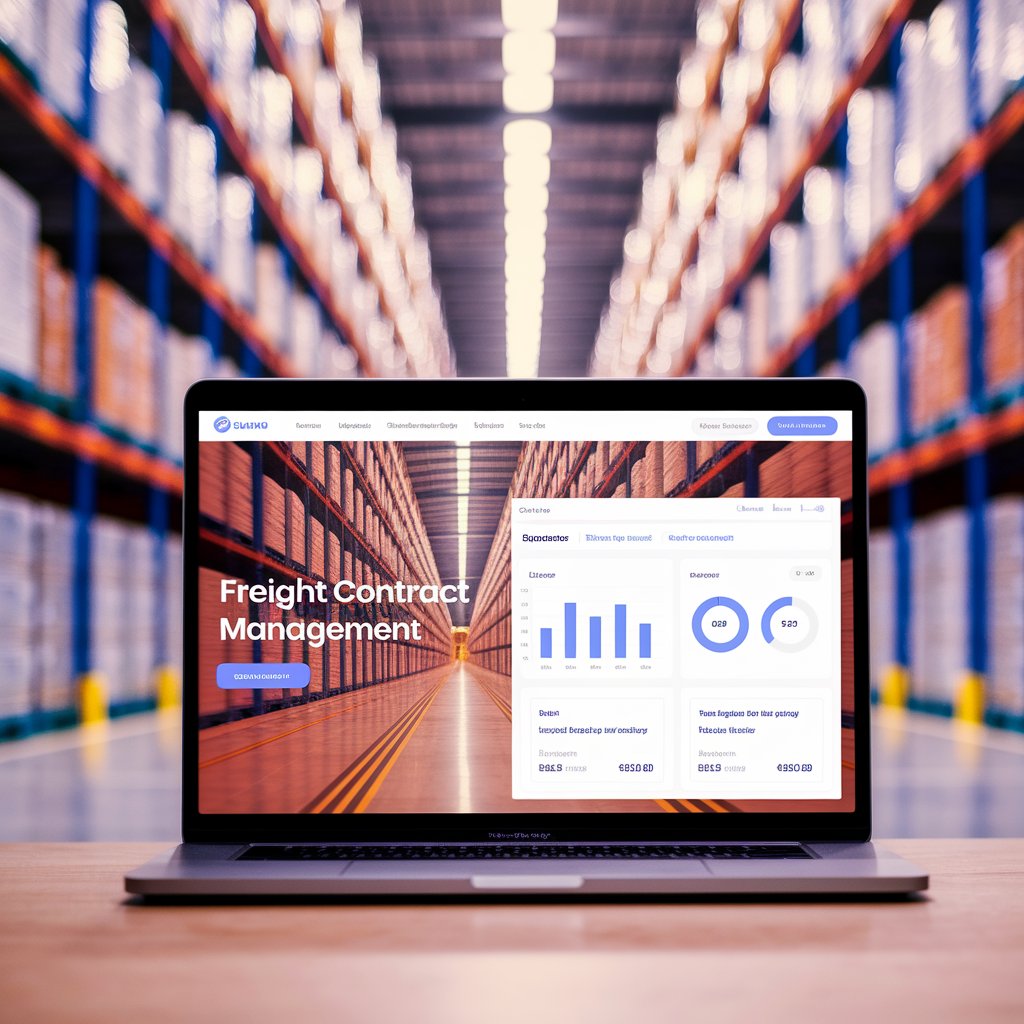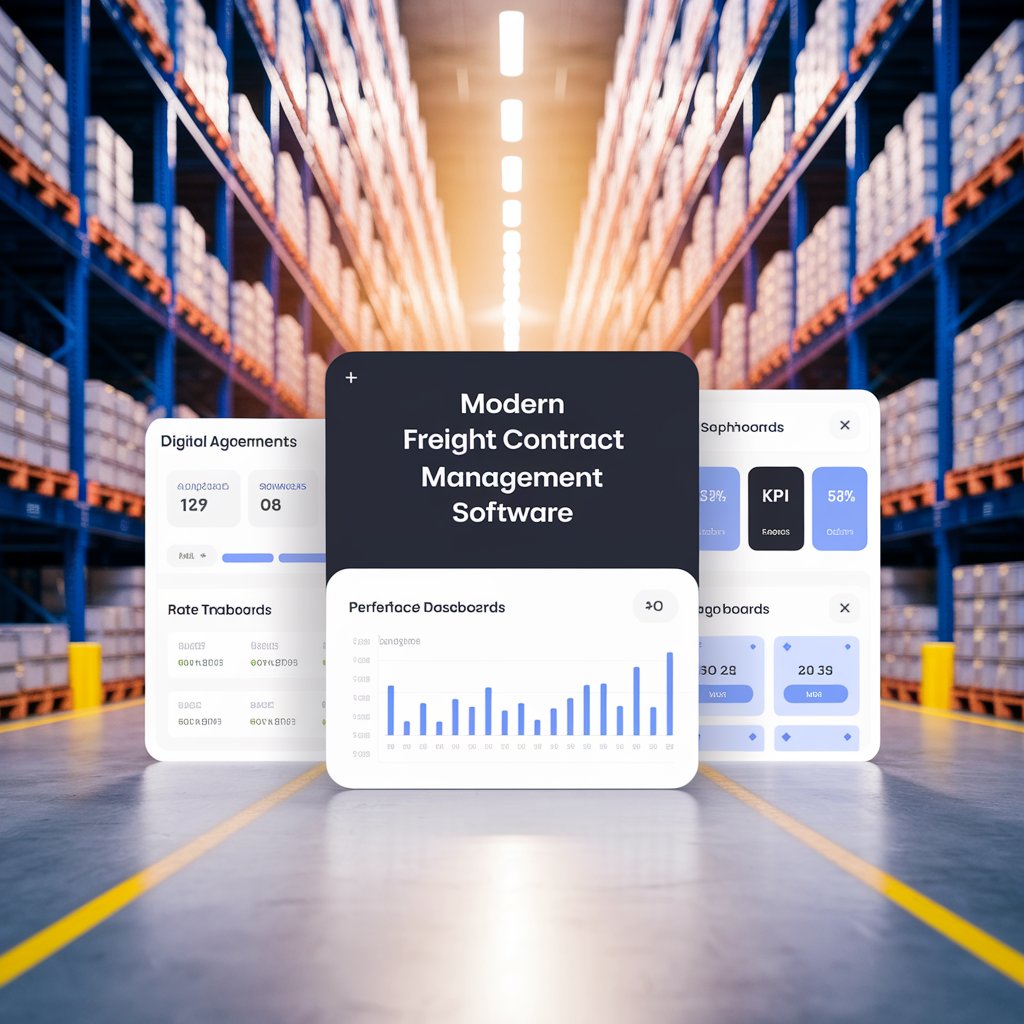Freight Contract Management: Streamlining Agreements in Modern Logistics

Introduction
However, manual contract handling—involving scattered documents, emails, and spreadsheets—creates inefficiencies and increases the risk of disputes. Freight contract management solutions bring all agreements into one centralized platform, enabling logistics companies to negotiate better terms, ensure compliance, and gain real-time visibility into contractual obligations.
What Is Freight Contract Management?
Freight contract management refers to the process of creating, storing, monitoring, and optimizing freight agreements using digital tools. It covers:
- Rate and tariff tracking for air, ocean, and land freight
- Performance monitoring against service-level agreements (SLAs)
- Automated renewal and expiry alerts
- Dispute resolution tools with audit trails
- Compliance checks for regulatory requirements

Key Benefits for Logistics Providers
Benefit | Impact |
Centralized Access | All contracts stored in a secure, searchable repository |
Better Negotiations | Historical data supports informed decision-making |
Risk Reduction | Automated alerts prevent contract lapses |
Improved Compliance | Ensures alignment with trade regulations |
Efficiency Gains | Reduces administrative workload and errors |
How Freight Contract Management Works
- Contract Creation: Drafted with digital templates and custom clauses.
- Approval Workflow: Reviewed and approved by stakeholders in the platform.
- Storage & Indexing: Secure cloud storage with advanced search.
- Monitoring: System tracks KPIs and SLA performance.
- Renewal & Negotiation: Automated reminders trigger renegotiation cycles.

Advanced Use Cases
- AI-Powered Contract Analysis to identify risks and opportunities
- Dynamic Rate Updates linked to market fluctuations
- Integration with Freight Pricing Systems for instant cost checks
- Blockchain Storage for tamper-proof agreements
Why It’s Essential for Modern Freight
With volatile market rates, shifting regulations, and complex global supply chains, efficient freight contract management is no longer optional—it’s a competitive necessity. Digital tools ensure transparency, accountability, and agility, empowering logistics providers to adapt quickly.

Conclusion
Freight contract management solutions enable logistics businesses to secure better deals, reduce risks, and maintain compliance in a constantly evolving industry. By adopting digital platforms, forwarders and carriers can transform contracts from static documents into strategic assets that drive profitability and efficiency.
